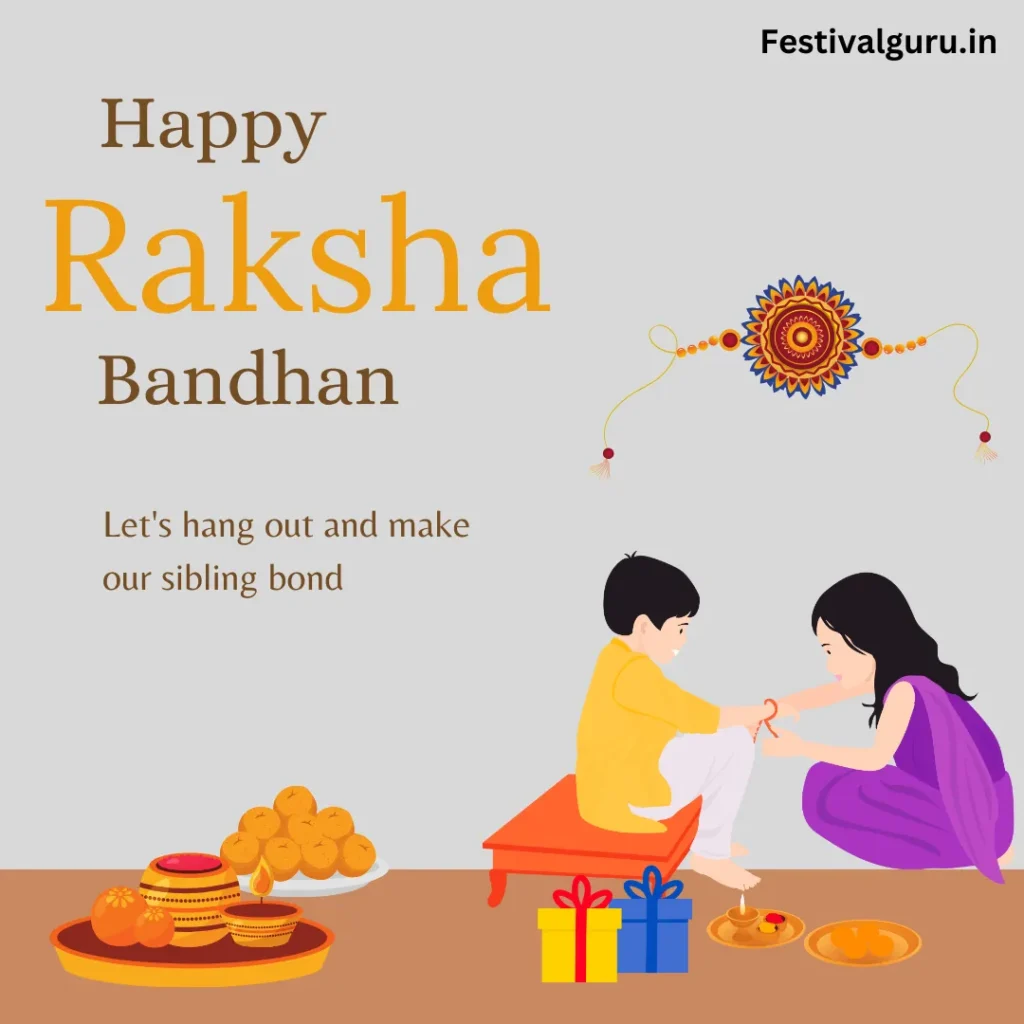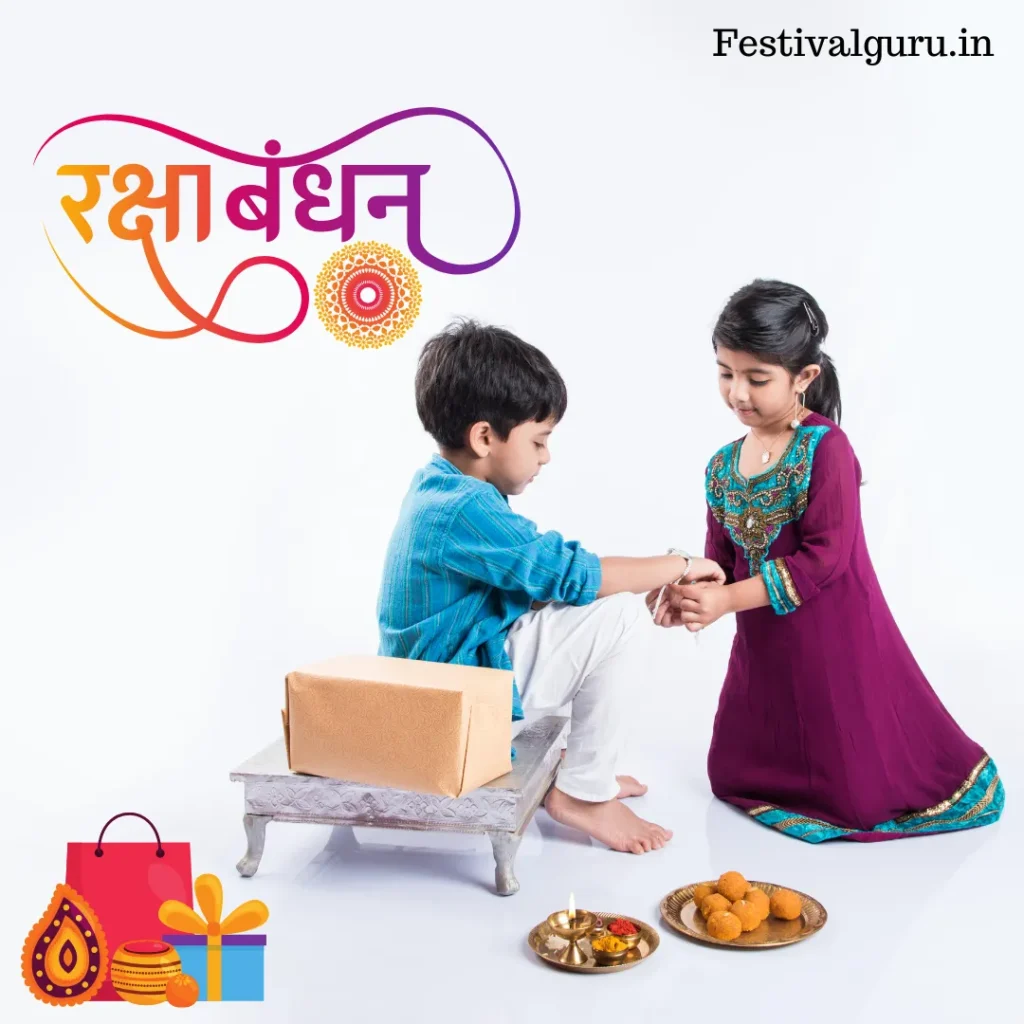
Raksha Bandhan: A Bond of Love
Raksha Bandhan, also known as Rakhi, is one of the most cherished festivals in India, celebrating the eternal bond between brothers and sisters. Falling on the full moon day of the Hindu lunar month of Shravan, this festival is a beautiful blend of love, tradition, and family values. Let’s dive into the significance, the heartwarming story behind it, and how it is celebrated nationwide.
The Significance of Raksha Bandhan
Raksha Bandhan, literally meaning “the bond of protection,” is a festival that highlights the special relationship between siblings. It is a day when sisters tie a rakhi (a sacred thread) around their brothers’ wrists, symbolizing their love and prayers for their brothers’ well-being. In return, brothers pledge to protect their sisters from any harm and offer gifts as a token of their affection and commitment.
The Story Behind Raksha Bandhan
The origins of Raksha Bandhan are steeped in mythology and history. One popular legend dates back to the epic Mahabharata. When Lord Krishna injured his finger, Draupadi tore a piece of her sari and tied it around his wound to stop the bleeding. Touched by her gesture, Krishna promised to protect her in times of need, thus highlighting the essence of Raksha Bandhan.
Another tale involves Queen Karnavati of Chittor and Emperor Humayun. Facing an imminent invasion, Queen Karnavati sent a rakhi to Humayun, seeking his protection. The emperor, moved by her plea, came to her aid, demonstrating the profound respect and commitment the festival embodies.
Celebrating Raksha Bandhan
Raksha Bandhan is celebrated with great enthusiasm and joy across India. The day begins with families coming together to perform the traditional rituals. Here’s how the celebration unfolds:
Preparation: Sisters prepare the thali (a decorated plate) with the rakhi, rice grains, sweets, and a diya (lamp). Brothers often prepare gifts for their sisters, ranging from sweets to jewelry or other cherished items.
Ritual: The ceremony begins with the sister applying a tilak (vermilion mark) on her brother’s forehead and performing an aarti (a ritual of waving the lamp). She then ties the rakhi around his wrist while chanting mantras for his well-being and prosperity.
Exchange of Gifts: In return, the brother gives his sister a gift and promises to protect her from all harm. This exchange is often accompanied by the sharing of sweets, adding to the sweetness of the bond.
Feasting: The celebration often concludes with a sumptuous family feast, featuring a variety of traditional dishes and sweets, making the day even more special.

Modern Celebrations and Trends
In today’s digital age, Raksha Bandhan has adapted to the times. For siblings living far apart, virtual celebrations through video calls and sending rakhis and gifts via online platforms have become common. This evolution ensures that the essence of the festival remains intact, no matter the distance.
Conclusion
Raksha Bandhan is more than just a festival; it’s a celebration of the timeless bond of love, trust, and protection between siblings. It’s a day to cherish the moments, reminisce about childhood memories, and strengthen the bonds that hold families together. As we celebrate this beautiful festival, let’s remember the true spirit of Raksha Bandhan and spread love and harmony.